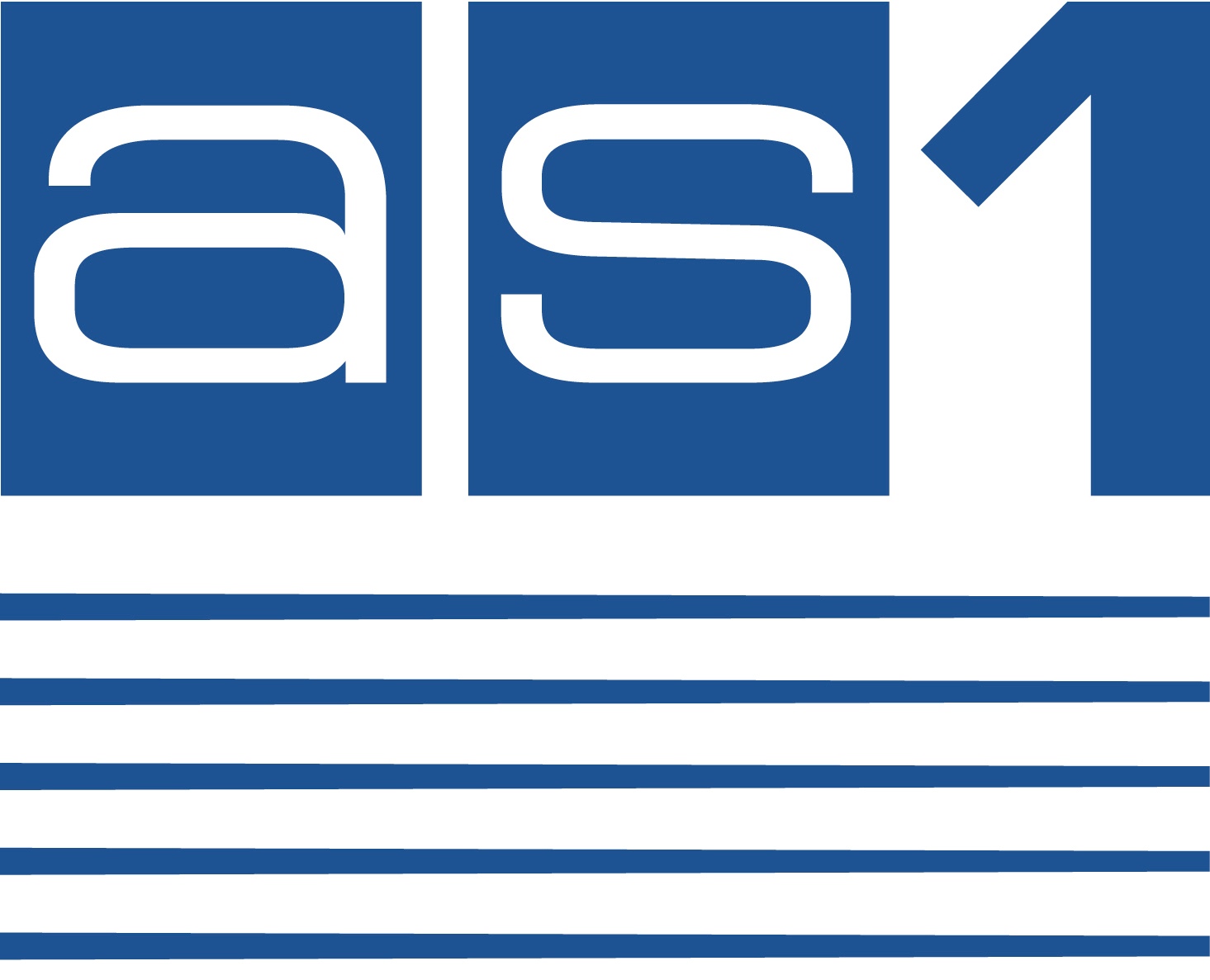Hypoxystation users Tan et al. at the University of Toronto published a paper in June examining the significance of autophagy in cancer development (“Role of Autophagy as a Survival Mechanism for Hypoxic Cells in Tumors“, Neoplasia (2016) 18, 347-355). Autophagy as a means of recycling cell components is induced under stress conditions such as hypoxia, and Tan et al. investigated the correlation of hypoxia and autophagy in solid tumours in the context of resistance to cancer therapeutics.
Cells were cultured in the H35 Hypoxystation for up to 48 hours at hypoxia (0.2 %) and compared to cells grown at ambient oxygen level. Gene silencing of autophagy proteins ATG7 and BECLIN1 with shRNA resulted in decreased cell survival under hypoxia, and inhibition of autophagy with pantoprazole exacerbated the loss of viability in the knock-down cells under hypoxia, demonstrating the cyto-protective effects of these autophagy proteins. Using the Seahorse XFe Analyzer to assess oxygen consumption in wild-type and silenced cells, Dr. Tan’s lab found reduced respiration when autophagy is disrupted, possibly due to accumulation of dysfunctional mitochondria in these mutant cells. The H35 Hypoxystation Dr. Tan’s lab used for these studies creates a closed environment with controlled temperature, humidity, CO2 and oxygen, in which cells are cultured and manipulated over the course of days and weeks without the need to transfer into ambient conditions. The combination of an Hypoxystation and an i2 Instrument Workstation is designed to accommodate the specific requirements of the Seahorse XFe Analyzer for the duration of the metabolism assays investigating oxygen consumption and extracellular acidification.
http://www.dwscientific.co.uk/blog/examining-role-autophagy-hypoxic-tumours/

